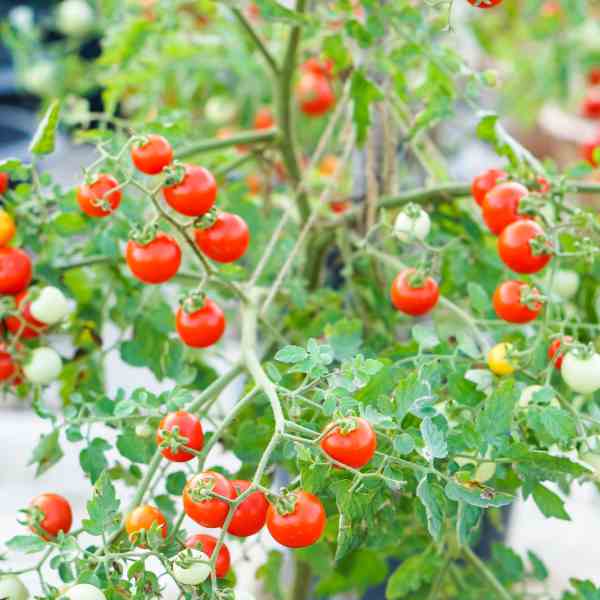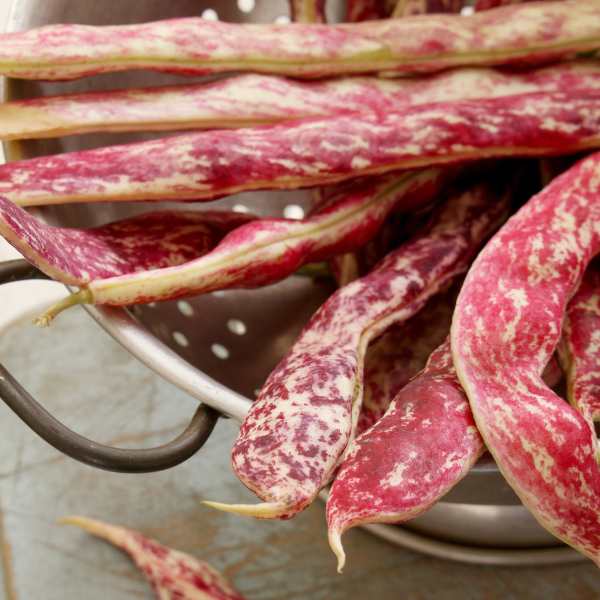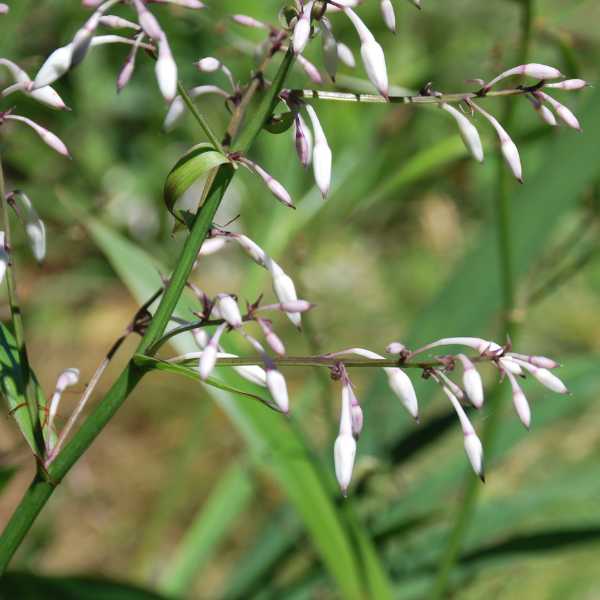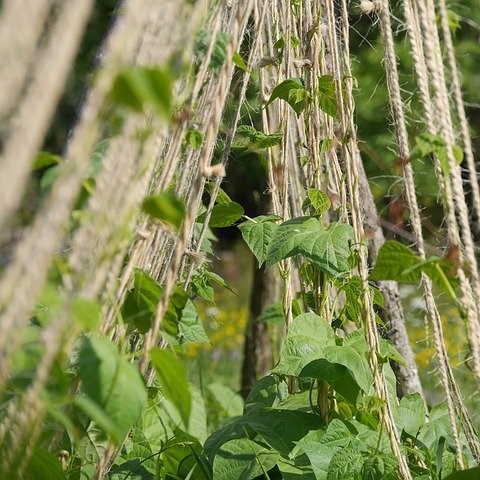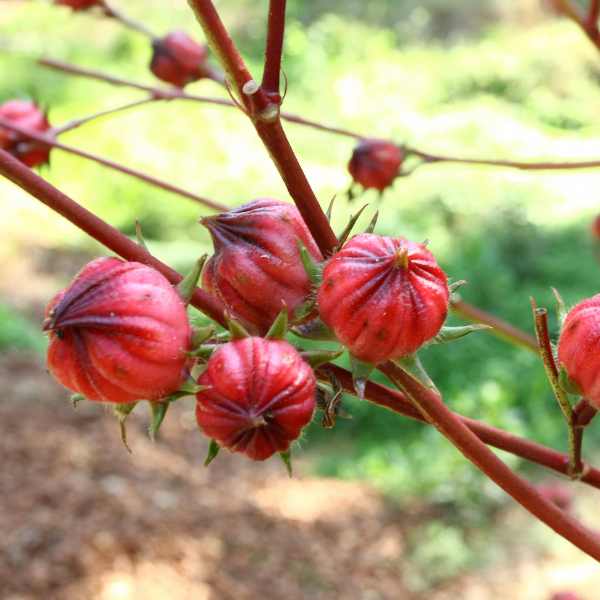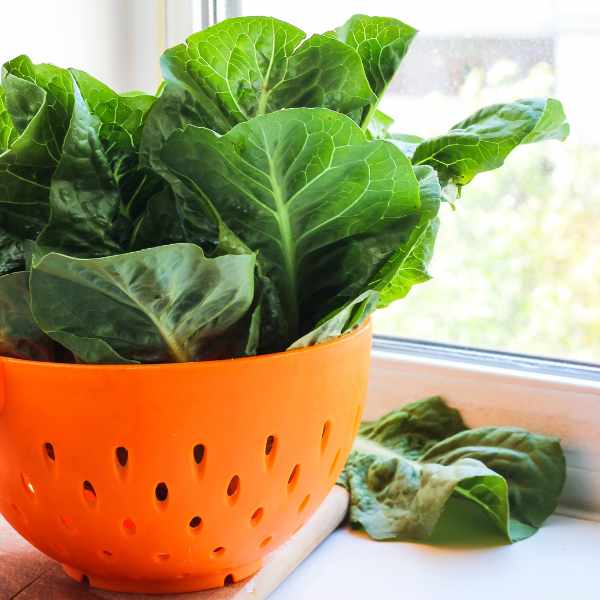Poppies – Lest We Forget
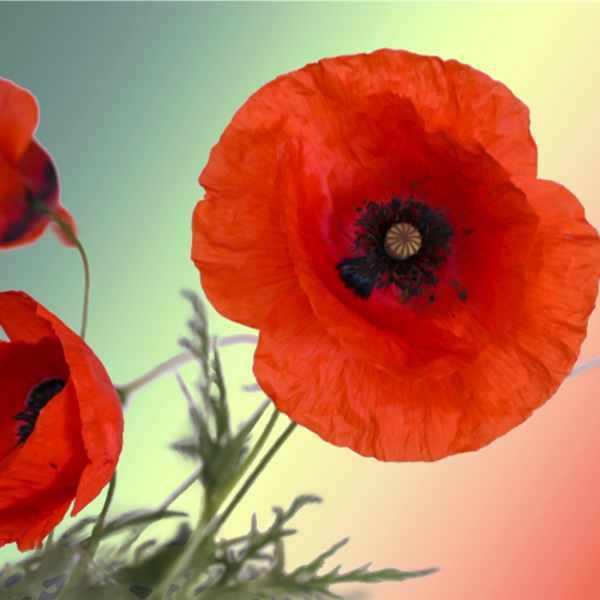
Poppies are instantly recognisable for their beautiful, papery blooms held above often-hairy stems. The Flanders Poppy is best known as the poppy worn on Remembrance Day.
Poppy seed can lie dormant for up to 80 years. The seeds of the Flanders poppy had lain dormant for many years in the fields of war until they were disturbed the soldiers fighting in World War 1. The weather in 1915 provided perfect conditions for them to germinate. Every year for the next four, the poppies grew, and their flowers lay like a red blanket across the fields on which the soldiers fought.
They also flowered in Turkey when the ANZAC’s landed at Gallipoli. The flowers of the Flanders poppy are now a poignant reminder of the fallen soldiers on both Remembrance Day and on Anzac Day in Australia. They are worn with pride, used in wreaths and sold to raise funds for charities that support returned solders.
The nodding poppy flower heads can reach heights of 60 cm. Once they have finished flowering their grey-green foliage dies back to a papery brown mound, which is unnoticeable, if teamed in a garden bed with another flowering perennial such as a salvia. Poppies are hardy and easy to grow, usually from seed. Choose a sunny spot in well-drained soil and keep them moist. Once established they will self seed merrily and up everywhere.
| Method: Sow direct or seedlings | Soil Temp: 10°C - 25°C |
| Cool Mountain: Nov - Dec | Position: Full Sun |
| Arid: Aug - Jan | Row Spacing: 30 cm |
| Temperate: Sep-Nov, Mar-Jun | Planting Depth: 3 mm |
| Sub Tropical: May - Oct | Harvest: 140 Days |
| Tropical: Jun - Aug | Plant Height: 60cm |

